Articles by Laura Joszt, MA
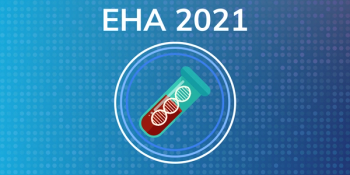
New studies into chimeric antigen receptor (CAR)–engineered natural killer (NK) cells has shown promising results, explained Ulrike Köhl, PhD, MD, professor of immune oncology and director of the Institute for Clinical Immunology at the University of Leipzig in Germany.

With 5 chimeric antigen receptor (CAR) T-cell therapies approved by the FDA, and 299 agents in the pipeline, it’s no surprise that the virtual meeting of the European Hematology Association (EHA) will have a heavy presence of CAR T research being presented in sessions and posters.
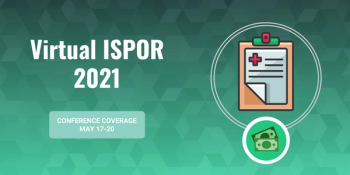
With more than 3000 gene therapies in development, payers will have to grapple with the challenges of paying for these innovative but expensive therapies.

The 4-day annual meeting of ISPOR—The Professional Society for Health Economics and Outcomes Research—will cover a wide range of topics. Here are 5 themes to keep an eye out for.

Idecabtagene vicleucel induced progression-free survival up to 20 months and a complete response in one-third of patients with multiple myeloma who had relapsed multiple times and had received at least 3 previous lines of treatment.

Umbilical cord blood provides a readily available source of stem cells to provide better access to hematopoietic stem cell transplantation to safely and effectively treat various noncancerous genetic disorders in children.

Immunotherapy and chimeric antigen receptor (CAR) T-cell therapy are new and important treatments revolutionizing care of some cancers; however, their side effects can be very different than what is seen in traditional approaches, such as chemotherapy.
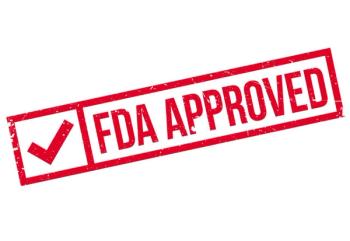
The FDA granted accelerated approval to selinexor (Xpovio, Karyopharm Therapeutics) for the treatment of adult patients with relapsed or refractory diffuse large B-cell lymphoma (DLBCL). The oral treatment is to be used after at least 2 lines of systemic therapy.

During a discussion at The American Journal of Managed Care®’s Patient- Centered Oncology Care® meeting in Philadelphia, panelists outlined the efficacy of the 2 FDA-approved therapies, Medicare reimbursement for CAR T-cell therapies, and the pace of innovation in healthcare.
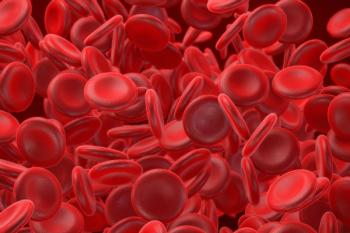
Adult patients with beta thalassemia will now have an FDA-approved treatment available with luspatercept-aamt (Reblozyl). The therapy treats the rare inherited blood disorder, which requires patients to have regular red blood cell transfusions.

The evidence shows that chimeric antigen receptor (CAR) T-cell therapies are effective, but the price tags on these treatments are high and have raised concerns about how many patients will get treated. During a discussion at The American Journal of Managed Care®’s Patient-Centered Oncology Care® meeting, held Friday in Philadelphia, panelists outlined the efficacy of the 2 FDA-approved therapies, Medicare reimbursement for CAR T-cell therapies, and the pace of innovation in healthcare.

Healthcare is very comfortable with treating a disease, but it’s not as good with handling cures. However, the advent of gene therapy and precision medicine means more and more expensive cures are coming down the pipeline, said panelists on the last day of Asembia’s 15th annual Specialty Pharmacy Summit, held April 29 to May 2 in Las Vegas, Nevada.
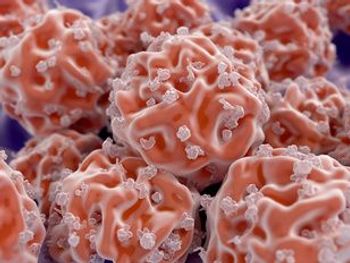
Two abstracts presented at the Transplantation and Cellular Therapy Meetings analyzed the detection of minimal residual disease during and after hematopoietic stem cell transplantation.

Tisagenlecleucel's high price is aligned with the benefit the chimeric antigen receptor T-cell therapy provides over a patient's life. Approximately 40% of patients treated are expected to be long-term survivors.
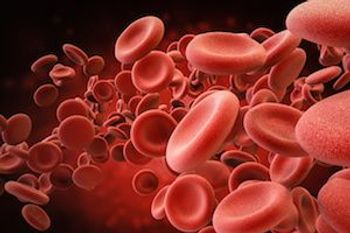
The first patient has been treated in a phase 2b dose-confirmation study of AMT-061, an investigational gene therapy for the treatment of patients with severe and moderately severe hemophilia B. Once the dosing of AMT-061 is confirmed, the safety and efficacy of the therapy will be evaluated in the global phase 3 HOPE-B clinical trial.

A blood test that tracks the rise and fall of circulating tumor DNA (ctDNA) levels can predict how patients with diffuse large B-cell lymphoma will respond to therapy within days of starting treatment.
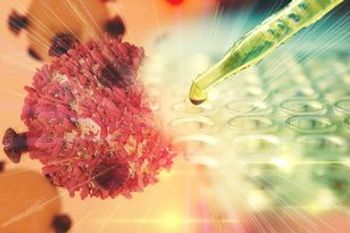
The FDA approved the first targeted therapy for adults with relapsed or refractory acute myeloid leukemia with an IDH1 mutation. In addition, FDA also approved a companion diagnostic to be used to detect the specific mutations in the IDH1 gene.
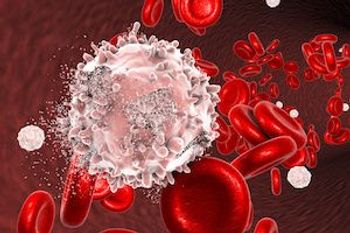
A new approach using gene editing technology could allow chimeric antigen receptor (CAR) T cells to target CD33 in patients with acute myeloid leukemia (AML) but prevent the cells from attacking healthy stem cells, too.

With chimeric antigen receptor (CAR) T-cell therapy being so new, there is going to be a learning curve as providers become more educated about the treatments, the manufacturing process, and the toxicities, Houston Holmes, MD, MBA, FACP, a medical oncologist with Texas Oncology, explained at the Community Oncology Alliance’s (COA) 2018 Community Oncology Conference.

Despite price tags well over $350,000 for treatment, tisagenlecleucel, approved for children with B-cell acute lymphoblastic leukemia, and axicabtagene ciloleucel, approved for adults with certain B-cell subtypes of non-Hodgkin lymphoma, are considered cost effective, according to a report from the Institute for Clinical and Economic Review.

A long-term follow-up analyzing the toxic effects and results from a phase 1 clinical trial of adult patients with relapsed B-cell acute lymphoblastic leukemia (ALL) who were treated with CD19-specific chimeric antigen receptor (CAR) T cells found patients with low disease burden had a longer medial overall survival and a lower incidence of toxicity.

The FDA has approved the first chimeric antigen receptor-T (CAR-T) treatment, tisagenlecleucel (Kymriah), for the treatment of B-cell precursor acute lymphoblastic leukemia in certain pediatric and young adult patients. The therapy represents a new frontier in cancer care.

German health authorities are debating whether the price of Europe's first approved gene therapy is worth the $1 million price tag.



















